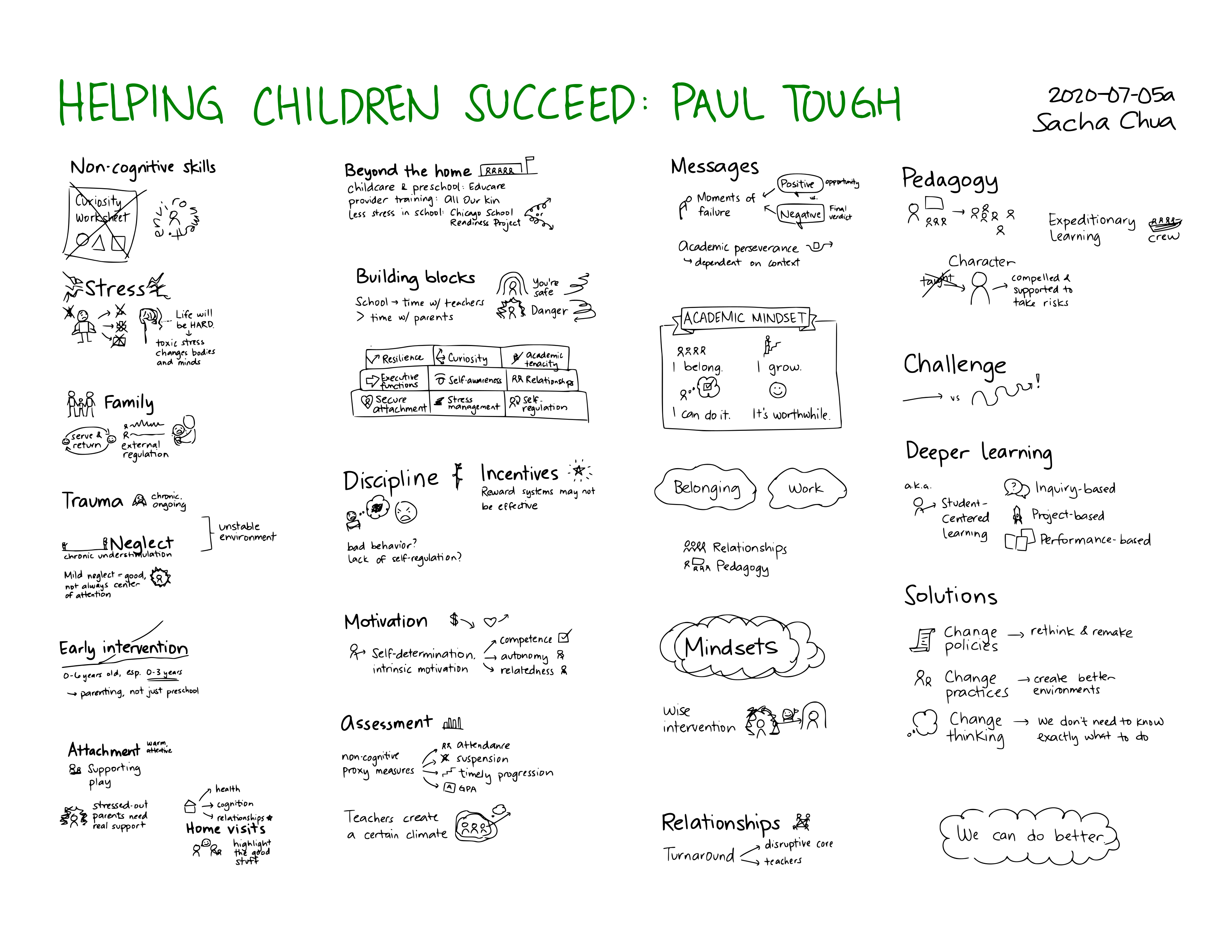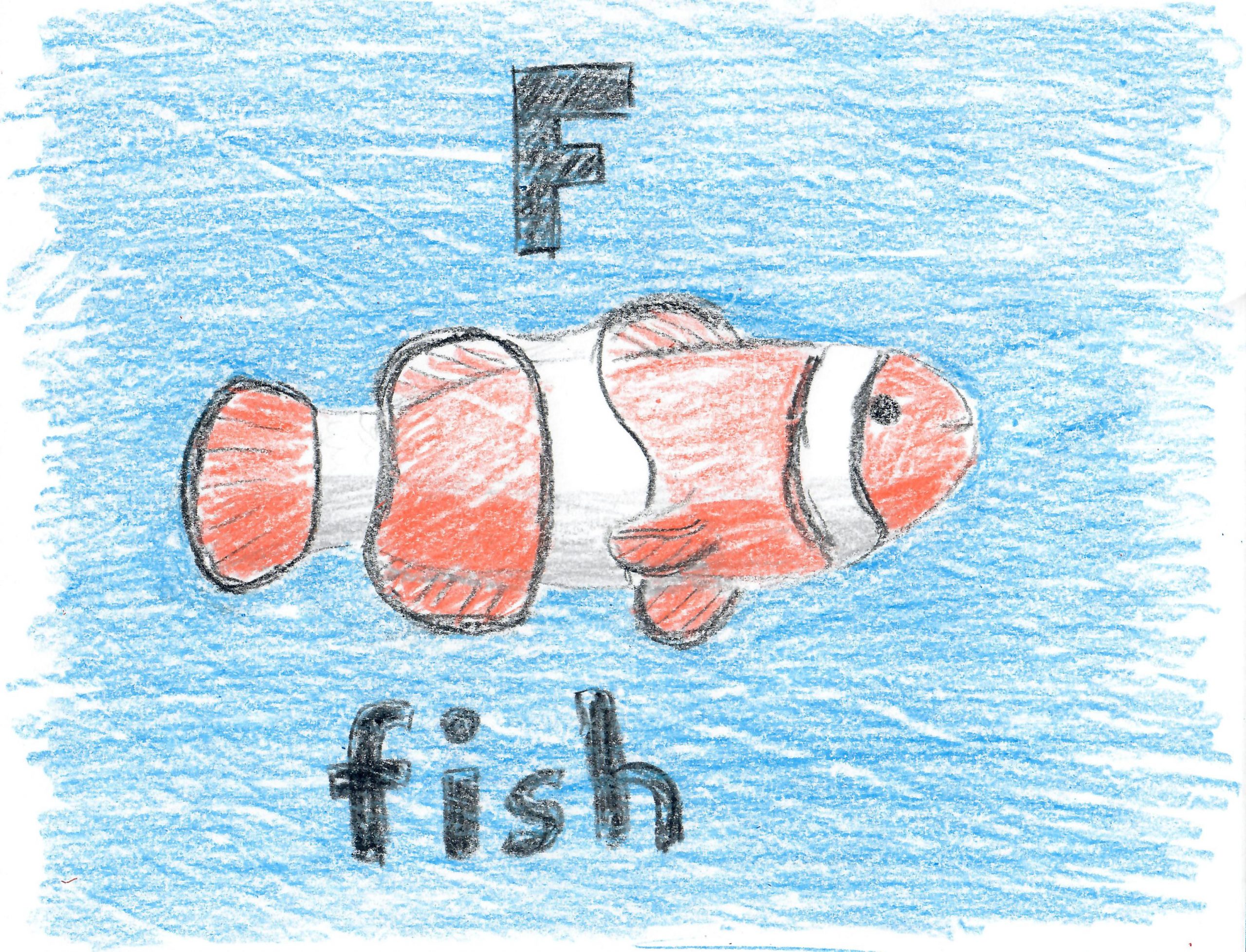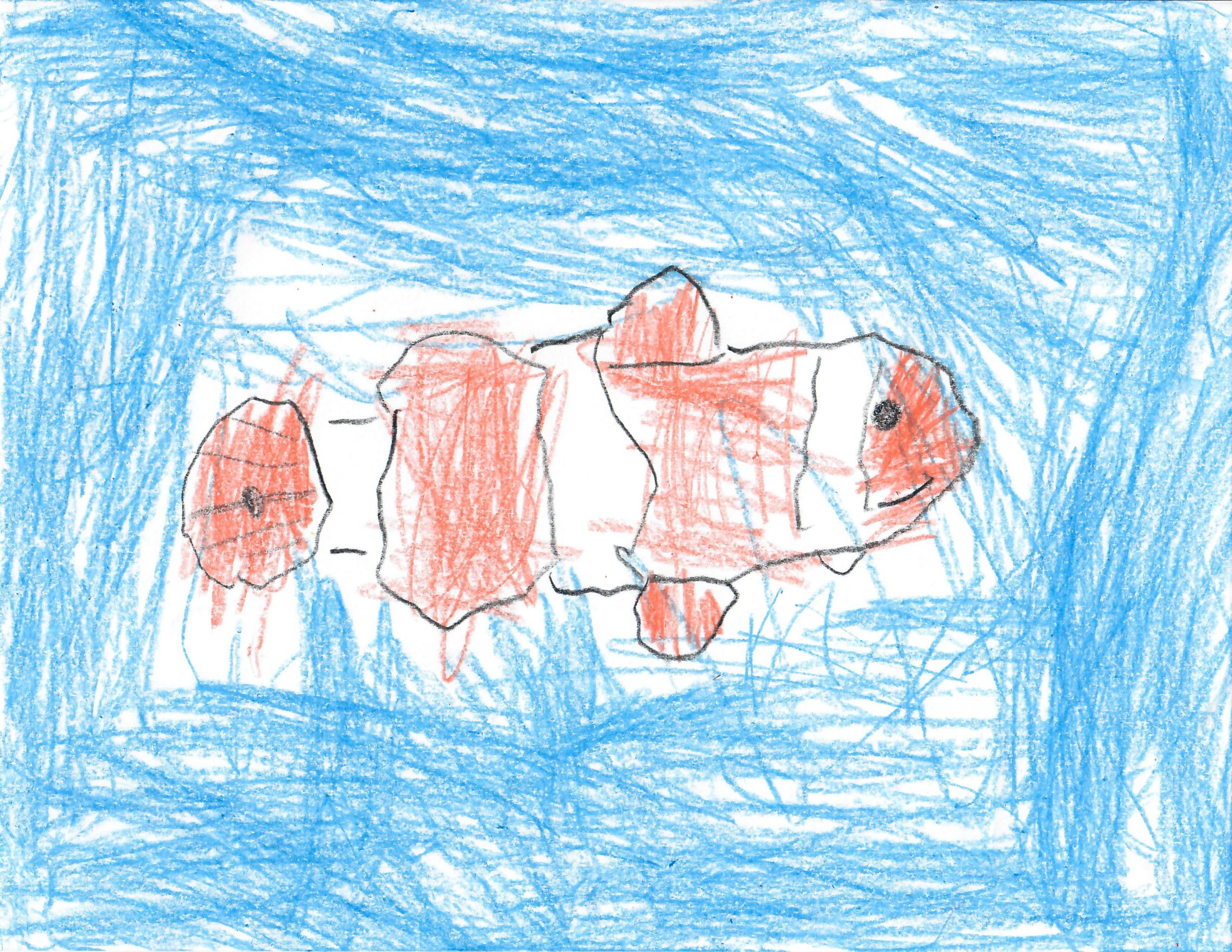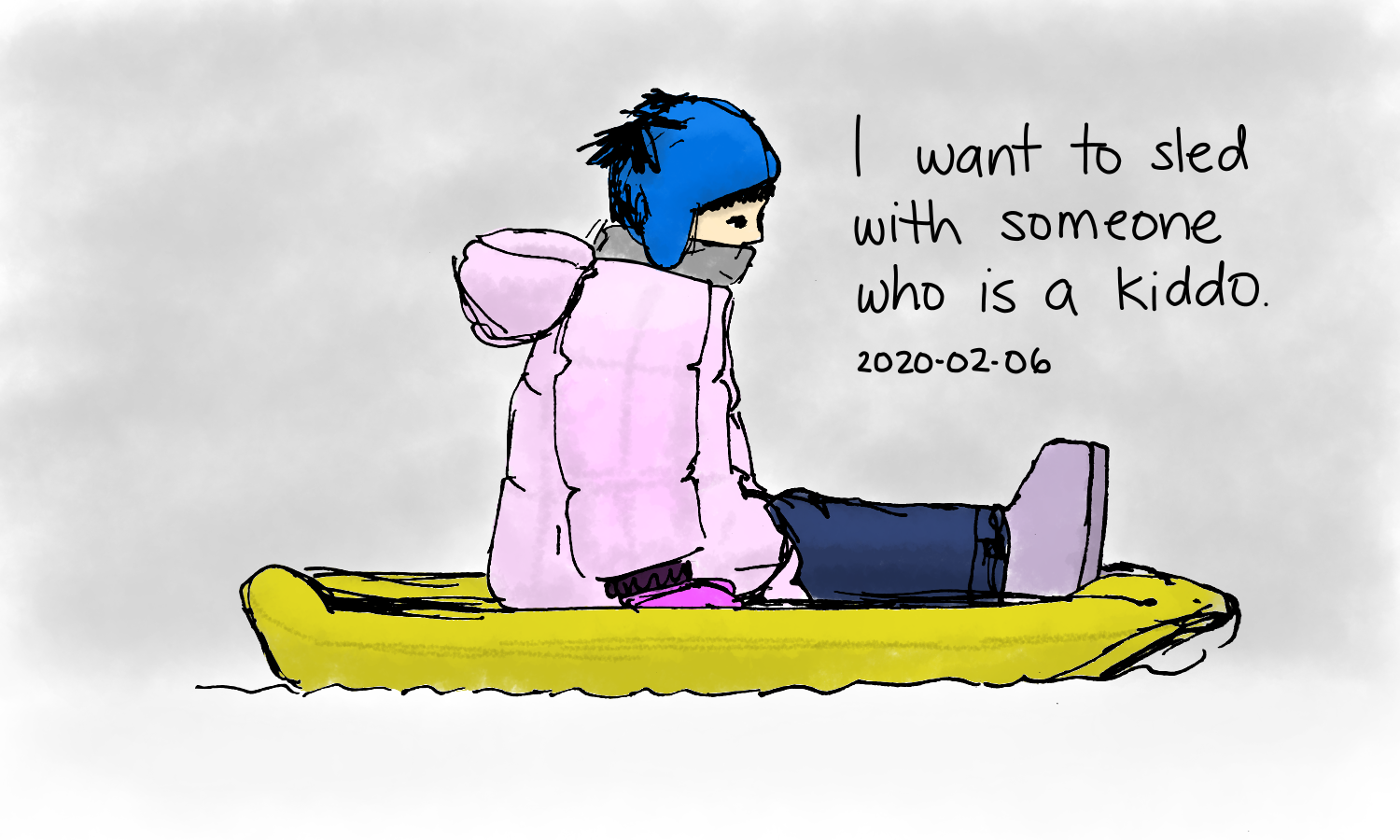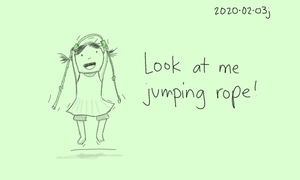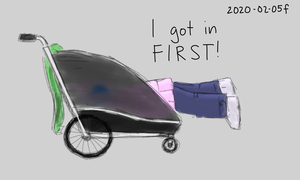Experience report: Toronto's Early Years resources were really helpful
Posted: - Modified: | parentingI don't know what Toronto's parenting resources will look like post-COVID-19, but I want to remember how grateful I am for what A- and I were able to enjoy during these first few essential years.
Right from the start of A-‘s life, Canadian healthcare was there for us. She was born okay, but I ended up needing an emergency transfer and blood transfusion. We spent a few days recovering in the hospital. When we returned home, the midwives did the well-baby visits in the comfort of our living room.
A-‘s left eye stayed closed. We didn't worry. These things happen sometimes. When it stayed closed, the midwives recommended that we take her to a doctor, and the doctor referred us to Sick Kids Hospital. Two weeks after she was born, we had the official diagnosis: microphthalmia of the left eye. A-‘s eye had stopped developing at some point during gestation. Since microphthalmia is often accompanied by other conditions, the midwives helped us find a pediatrician and the pediatrician sent us for a full work-up. A- also had a palpable murmur, so we started seeing a cardiologist as well. For a while it seemed that every time we went to Sick Kids Hospital, we ended up with another follow-up appointment with a different department. A- took to crying as soon as she saw the posters at the entrance of the hospital. I asked the hospital's child life specialists for tips on how to make this easier for her, and they recommended spending some time decompressing and trying to make a positive association with the hospital at each visit. We made a habit of going to the family resource centre at the hospital to read books and play with toys.
A- went under general anesthesia twice when she was five months old (one eye examination and one liver MRI), and lots of blood tests and ultrasounds. Dazed by sleep deprivation and overwhelmed by all the new terms I learned to spell and search for, I was so, so, so thankful that all of this was covered under public healthcare, that W- was in the thick of all of it with me, and that the Stoic principle of amor fati made it easier for me to embrace everything.
A- wasn't gaining as much weight as her pediatrician would have liked. It turned out that that was mostly because she started out big and then gradually settled down on being a small sort of human, the way W- and I are–but we weren't quite sure back then. Better safe than sorry. I hit up all the resources I could find. The Toronto Public Health breastfeeding clinic had lactation consultants and an infant scale that I could use to measure A-‘s weight in between pediatrician visits. When we continued to be concerned, they referred me to the Healthy Babies Healthy Children program (my notes). A nurse and a home visitor helped me keep a close eye on A-‘s development through the Nipissing District Developmental Screen. They answered my questions and taught me parenting skills. They also connected me with the Peer Nutrition program, which included workshops with nurses and one-on-ones with a registered dietitian. This led me to Ellyn Satter's model of the division of responsibility in feeding, which we've found very useful.
Eventually A-‘s growth chart looked more reasonable. (She stopped dropping percentiles, whew!) We could actually start enjoying ourselves. We borrowed tons of books from Toronto Public Library. We went to EarlyON parenting centres to play with toys, ask questions, join circle time, and meet other people. A few centres even had toy lending libraries, so we got to play with a succession of toys at home.
The fog slowly receded as our immediate medical questions were resolved. I could think about slightly longer-term things. What were we dealing with? I worried about potential neurological risks1 from A- going under general anesthesia a couple of times, or other developmental issues that might only become apparent as A- grew. It didn't help that A- ended up needing dental surgery under general anaesthesia due to tooth decay (which we discovered at a Peer Nutrition follow-up session on oral health, so thank goodness I went to that presentation!). While writing this, I came across a 2016 Canadian study on multiple exposures to general anesthesia 2 seems pretty reassuring, but I hadn't read it back then. I wanted to keep on top of early childhood development and learn as much as I could.
Many people in Microphthalmia, Anophthalmia Parent Support talked about how helpful occupational therapy and other services had been, even for kids with good vision in one eye. I talked to a caseworker at the Canadian National Institute for the Blind. She tested A-‘s vision and coping skills with a fascinating array of light-up toys and little things, and she concluded that A- probably didn't need any services at the time. She sent me a resource kit, just in case. I checked out lots of other resources too, just in case. A- never really took to childminding, so she was always underfoot or in my lap as I attended sessions on parent advocacy, developmental challenges (Let's Get Started), positive parenting (Nobody's Perfect) and speech and language (through Toronto's Early Abilities program). We also attended workshops that were more parent-and-child-focused, such as Make the Connection. I read lots of books and research papers, too. I had never spent much time around kids, so I wanted to learn as much as I could.
As A- passed each milestone, I was able to let go of more concerns and enjoy things more. It felt almost as if going around with a kiddo helped me see another layer to the city. We spent more time in parks, playgrounds, and community centres. We floated and waded in community pools and splash pads. We watched animals at the Riverdale Farm. We regularly went to the Royal Ontario Museum (there was one time that all A- wanted to do was climb up and down the stairs) and the Ontario Science Centre (I always needed to bring extra clothes for her, since she loved playing at the water table). We went to music classes at the Royal Conservatory of Music.
EarlyON centres were the best of all. I had so many questions, and the centres had teachers and early childhood educators who could give us personalized advice. I loved observing how the parent workers interacted with kids (getting down to the kids' level, using positive language, singing lots of songs about transitions and routines, empathizing with kids' feelings, cheerfully distracting and redirecting kids) and how they interacted with other grown-ups (encouraging us, reassuring us, teaching us, showing us by example). As A- grew older, we went to workshops on kindergarten readiness, literacy, and math. We even made friends with some of the other kids and parents who went to the same centre regularly. When the COVID-19 pandemic changed the landscape, we attended virtual circle times and workshops organized by the same EarlyON folks that A- and I had gotten to know in person.
A- is 4.5 years old now, and we're slowly shifting toward the school-age stuff. We survived the 0-3 stage, woohoo! I'm writing this to remember what it felt like then and what it feels like now. Who knows, maybe it might add to a policy-maker or agency worker's understanding of the kind of difference these programs make in someone's life, or it might inspire other families to cobble together something similar from the programs and resources available in their area. I feel incredibly lucky to be supported by all these people and resources around us. I hope families can still have that kind of support as we figure out what this new world can be.

